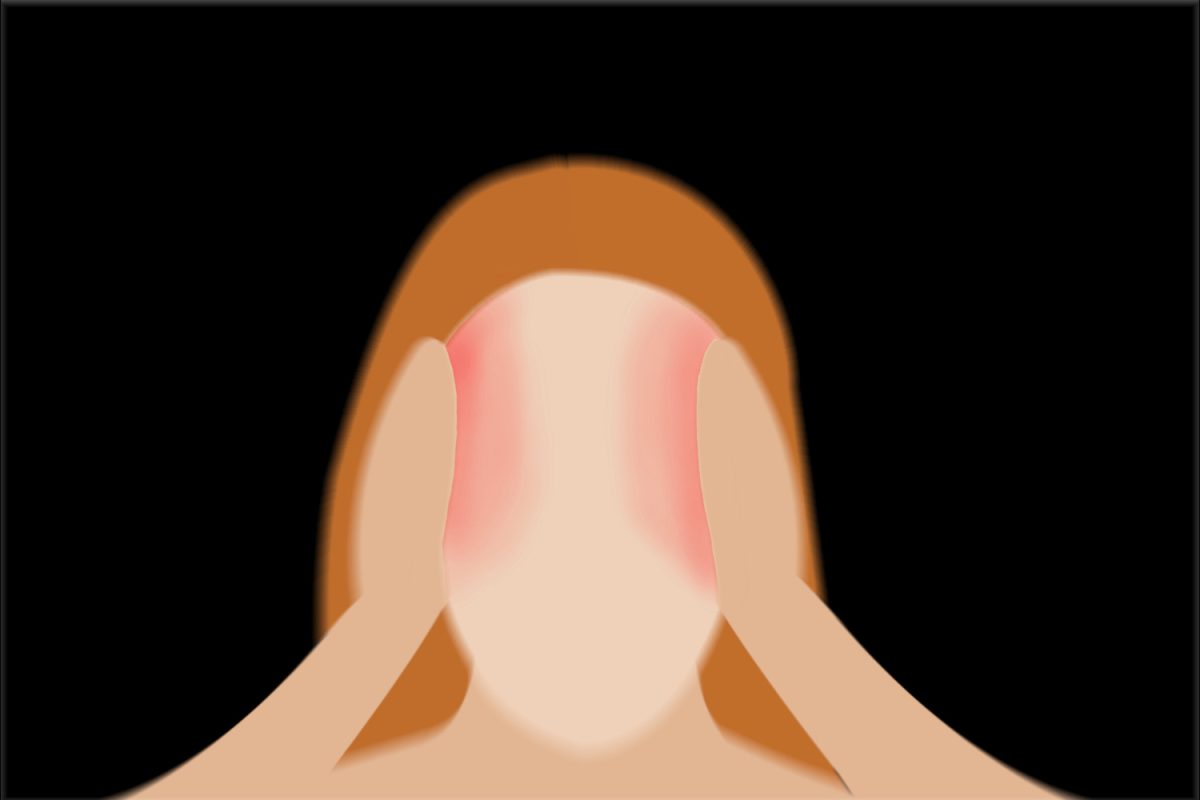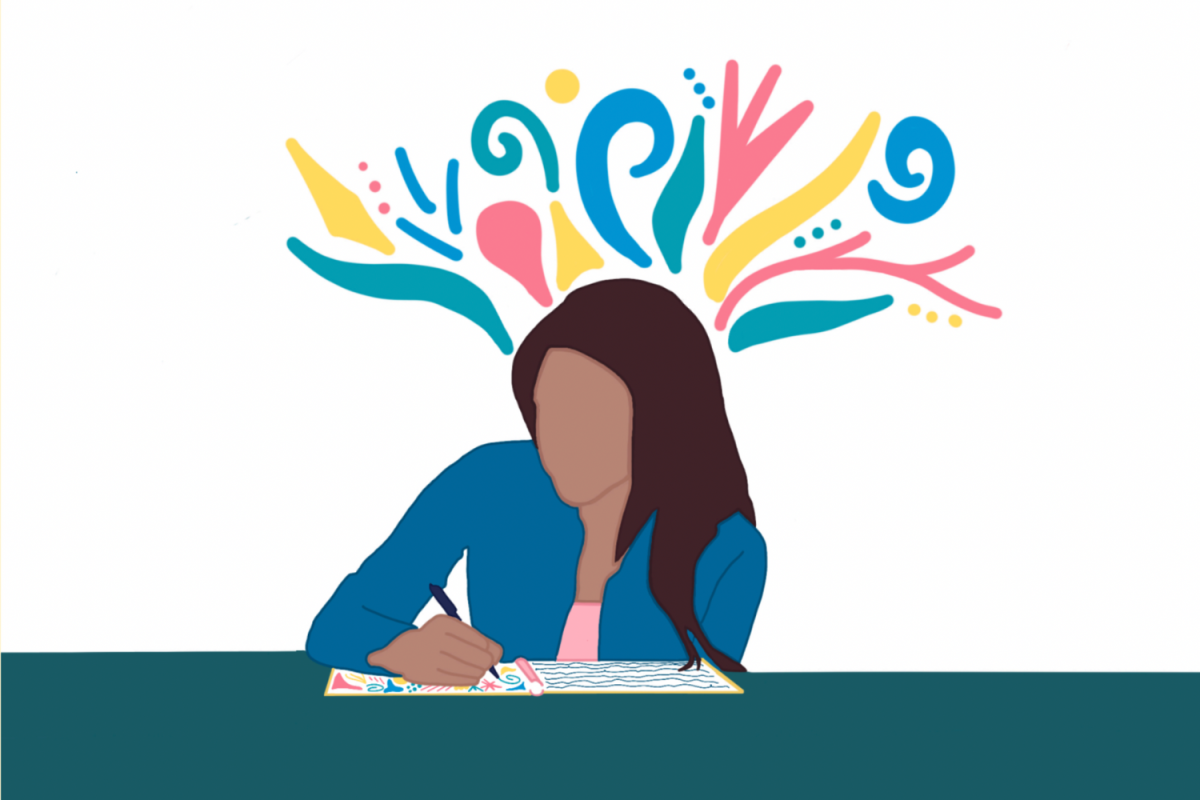I have never thought of myself as a creative person. I always assumed that the creative arts were reserved for those naturally talented or professionally studying the discipline.
This past summer, I decided to explore architecture, a longstanding interest of mine, and applied to an architecture course that included lots of drawing and modeling. These were creative formats that were foreign to me, and as the course neared, I dreaded attending because of the common assumption that people must be inherently talented to ever find creative success. In an attempt to calm my worries, I set a goal to draw one object a day – an eye, a flower, a water bottle – to improve my drawing skills and perhaps discover some miraculous gift.
Through this challenge, I discovered a surprising tranquility in creating art. As the school year progressed, I was shocked to observe that participating in creative activities not only made me happier but also positively impacted my academic performance.
Students must prioritize incorporating a creative practice into their lives, as the act of being creative has extensive benefits on mental health and academics.
A common misconception among youth is that creativity is primarily expressed through an artistic medium, such as drawing, painting or writing. However, Oxford English Dictionary defines creativity as the “use of imagination or original ideas to create something.” This definition extends well beyond the realm of the arts: it encompasses problem-solving and executive functioning skills that apply to a multitude of subjects.
Additionally, creative activity and brain stimulation can reduce symptoms of depression and anxiety, according to Diversus Health. The typical student experience is filled with tests, deadlines, homework, and extracurriculars. Balancing these pressures with a brain-stimulating and calming creative activity is essential. Thus, students must prioritize implementing creative activities – such as making crafts, writing or solving puzzles – into their schedules in order to gain the associated mental health benefits.
Creativity can also counteract negative emotions that can interfere with academic performance. According to the National Institutes of Health, stressful activities release cortisol, a stress hormone, that can cause a deficiency in learning and memory. Therefore, schedules that incorporate creative activities are likely to improve a student’s test-taking ability and work completion because they reduce stress.
Stress is scientifically proven to hinder memorization and information retention. Thus, finding creative outlet activities to practice regularly is critical for a positive learning experience at school.
Problem-solving, focus and idea analysis are all skills that contribute to improved learning and a better school experience. These invaluable skills can increase confidence and organization solely from a few minutes of creativity every day.
Creativity is not exclusively for artists, designers, writers or musicians, and must be a priority in students’ daily lives. Whether students are passionate about computer science or history, dedicating time to the exploration of an artistic activity is worth the social and emotional benefits.





